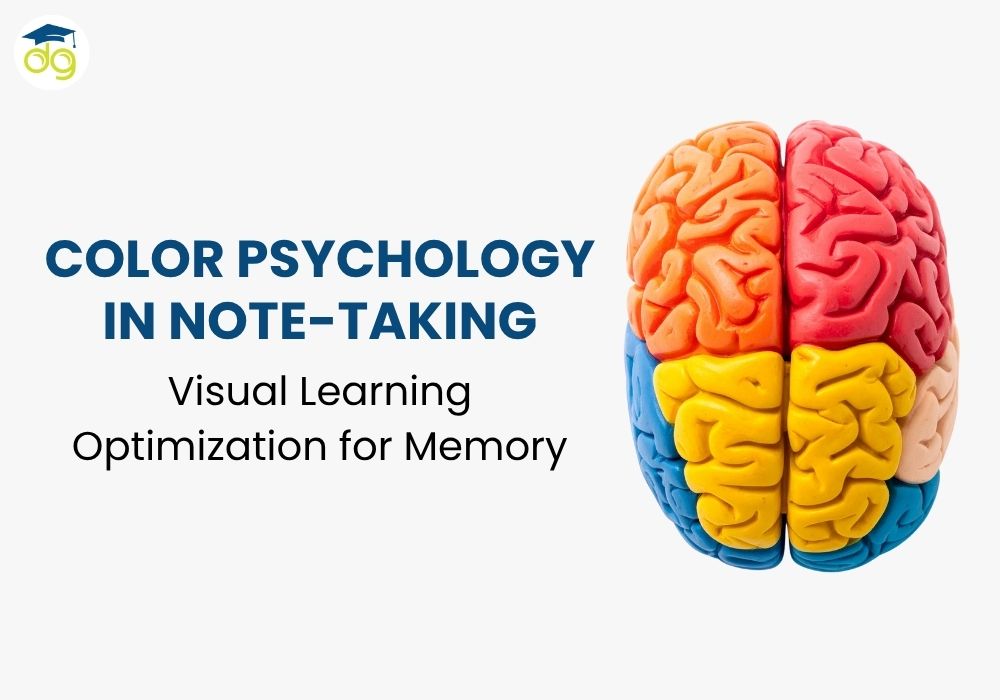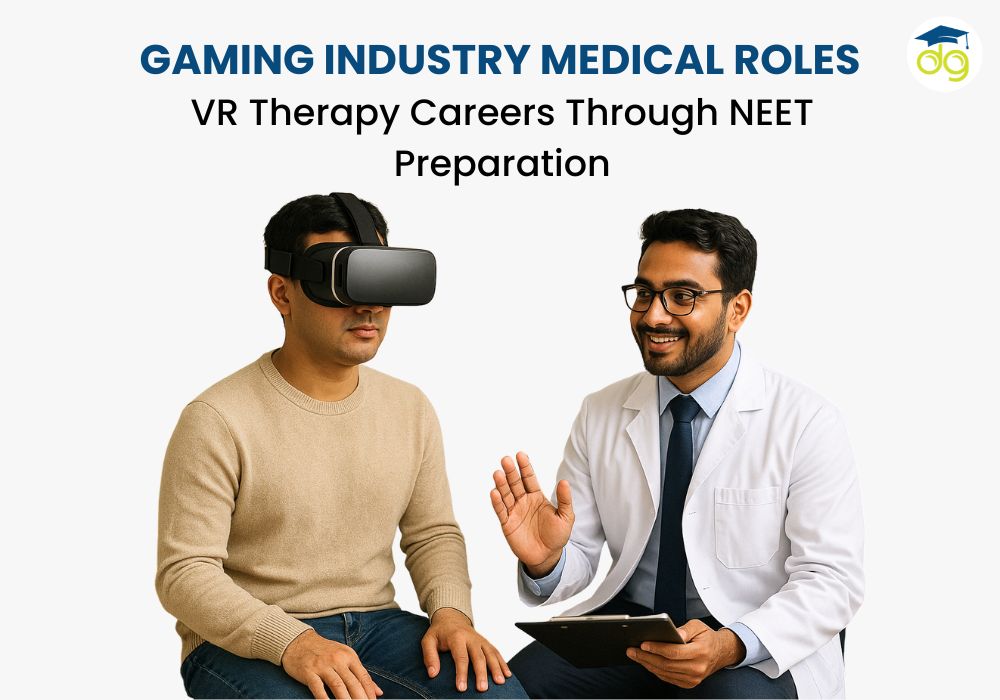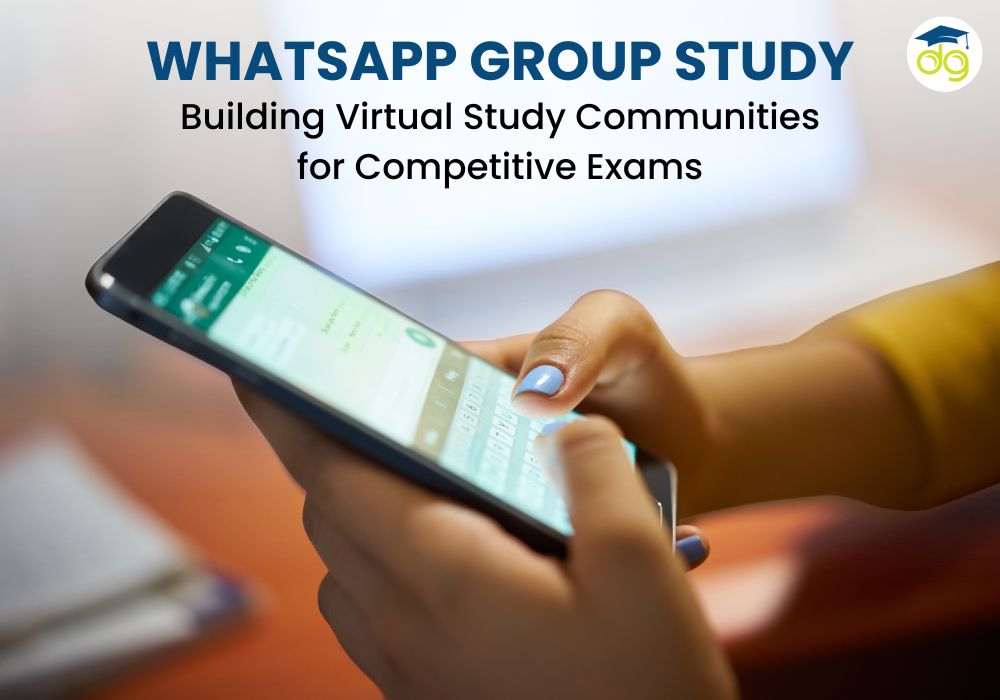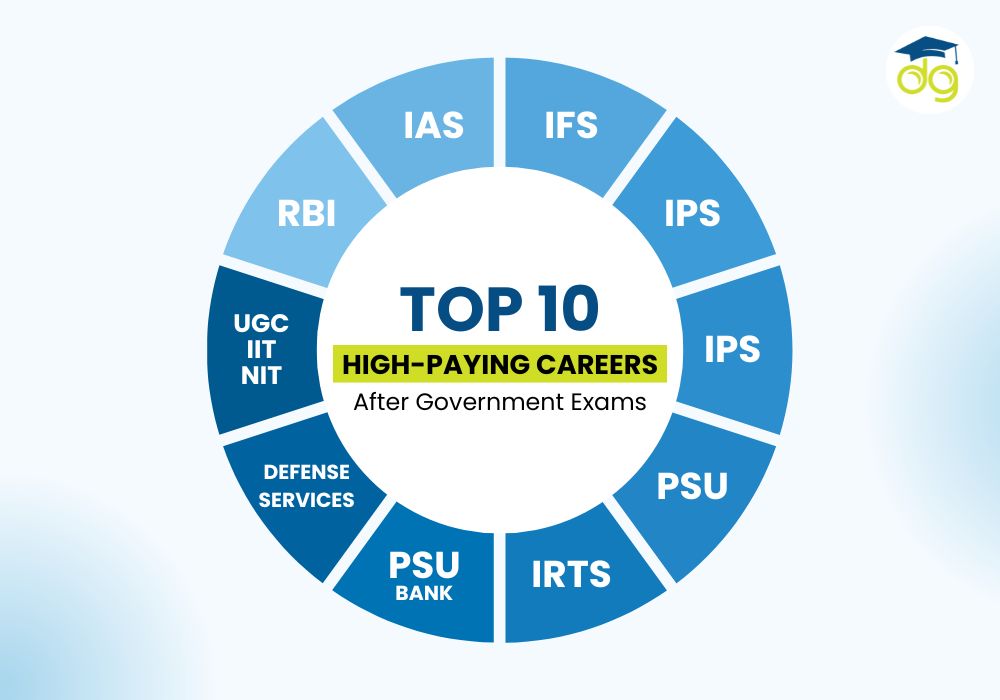Career Path Selection: A Beginner’s Guide to Making the Right Choice
Discover key steps and strategies to choose the right career path.
A student’s life contains among its most critical choices the selection of their career path. Your career selection forms the basis of your professional activities together with defining your future way of life and financial security while shaping your life satisfaction.
The forthcoming transition to professional life threatens students with career decision stress because they encounter numerous possible occupational choices. Selecting the correct career path requires no need for anxiety. You can organize your route to discovering a compatible career by using the appropriate method that aligns with your personality traits and professional abilities.
The guide presents basic requirements for career planning which will guide your understanding in making better decisions ahead of your workforce entry. This guide will provide information about career assessment tests as well as approaches for matching skills with current job market trends. At the end of this guide, you will gain a better comprehension of career selection along with future professional preparation.
Steps to Finding the Best Career Path
The career path selection approach consists of multiple defined stages to follow. The following tutorial presents the necessary steps for helping you reach a well-informed career path choice.
1. Self-Assessment: Identify Your Skills and Interests
Identifying your strengths and skills combined with your areas of passion needs to happen before exploring job opportunities. At the start of career development beginners need self-assessment for identifying both their natural abilities and their areas of enthusiasm. Several methods are available to perform self-assessment:
Personality Tests: Two typical assessment tools such as the Myers-Briggs Type Indicator (MBTI) or the Holland Code (RIASEC) help identify individual personality traits to match them with appropriate career choices.
Skills Inventory: List every skill you acquired since high school including those learned from classes and school clubs together with personal interests. If you demonstrate expertise in solving problems, communication skills, creativity, or technological proficiency then these would be your strengths.
Interest Exploration: Consider what activities you enjoy doing in your free time. What subjects do you enjoy studying? Identifying your interests can guide you toward career paths that will feel fulfilling.
2. Explore Career Options
Initiate your career investigation after you identify strengths combined with your passions of yours. It is essential to study the educational qualifications together with the needed certifications and competencies for careers because certain fields demand them before entrusting you to perform their work. To make this easier, focus on these areas:
High-paying careers for fresh graduates: Beginning-level careers frequently provide better income opportunities to recently graduated students, especially within selected fields. The technology field along with the finance and engineering sectors typically offer graduate entrants generous beginning salaries.
Emerging industries: Study potential job opportunities that exist in high-growth industries which include AI together with sustainable energy and healthcare technology. Your strategic placement in growing job markets will be possible by remaining updated about industry trends.
Career growth potential: Consider the long-term potential of different career paths. Does the industry offer growth opportunities? Is there room for advancement?
3. Take Career Assessment Tests
The best method to limit your career choices involves performing assessment tests for beginners. The assessments evaluate your abilities as they assess your interests together with your values for discovering appropriate career paths. Many online platforms offer free or paid tests that can give you detailed feedback on your ideal career. Some popular tests include:
The Strong Interest Inventory
Gallup StrengthsFinder
CareerOneStop Interest Assessment
These tests can provide invaluable insights, especially for students who are unsure about which career direction to pursue.
4. Match Skills with Career Choices
With your enhanced knowledge about skills and interests, you should proceed to find career options that match them. Numerical skill combined with numerical work fulfillment leads to a suitable choice for accounting or data science along with economics careers.
Transitional Serial numbers indicate that people who excel at communication and want to support others should consider marketing counseling or teaching professions.
Skills-based career guidance is essential here. Look at the requirements of various careers and compare them with the skills you possess. You may also need to acquire new skills through online courses for career development to better match your chosen career.
5. Consider the Job Market and Career Opportunities
One needs to understand current job market trends because they shape future career opportunities. The job market presents different areas of demand so selecting employment fields with high demand increases your postgraduation employment prospects. For instance:
Technology and IT: The job market consistently needs professionals who work as software developers and cybersecurity specialists as well as data analysts.
Healthcare: As the population ages and healthcare becomes more prominent nurses medical technologists and healthcare administrators develop their careers.
Green energy: The global transition toward sustainable power systems creates a mounting demand for professionals in renewable energy and environmental science together with energy management.
6. Get Experience: Internships and Volunteering
Acquiring hands-on career experience through volunteering or both part-time jobs and internships remains the most effective way to explore professional options.
Internships along with volunteering and part-time jobs let you witness genuine work activities in your chosen field to help you confirm its suitability as your future career. Such experiences provide important networking potential and contribute to building a solid professional record.
You should verify starting points through internship programs for career development since these programs focus on assisting fresh job seekers. Organizations establish such opportunities to enable students to acquire practical skills at their workplaces before the completion of their studies.
7. Set Goals and Create a Career Roadmap
The decision of your career path requires you to establish practical work objectives alongside developing a strategic professional development plan. Create a list that shows how you will obtain your career objectives by completing education requirements along with getting the necessary experiences and gaining essential abilities.
Your career direction will stay on task because a detailed plan serves as motivation during your professional journey.
Factors to Consider When Choosing a Career
As you think about your ideal career path, keep these important factors in mind:
Personal Interests: Does the career align with your passions? Will it keep you engaged and motivated long-term?
Skills and Strengths: Does the career play to your natural talents, or will you need to invest significant time in skill development?
Work-Life Balance: Consider the lifestyle the career will offer. Will it allow for flexibility and personal time?
Salary and Job Security: Research the average salary and job outlook for the career. Is it a sustainable path in the long run?
Job Satisfaction: Look into job satisfaction rates within the industry. Are people in the field generally happy with their work?
Conclusion
Career selection involves a thorough evaluation process that needs well-planned preparations. To achieve a fulfilling career you must identify your strengths along with exploring career options and then collecting work-related experience while keeping track of market trends. This decision process ought to unfold over time because you need to consult experts when needed and adjust it based on your increased self-awareness.
The Skoodos Bridge platform provides specialized assistance for career planning through its platform focused on helping students and job seekers with career recommendations. You should begin your future strategy today because it leads to a fulfilling career that you will enjoy.
Frequently Asked Questions (FAQs)
1. How do I choose the right career path?
Begin by evaluating your interests together with your skills alongside your values. People should complete career evaluation tests while researching multiple career choices and analyze factors including income level career development projections and work-life equilibrium.
2. What are the best career options for students after high school?
After finishing high school students pursue careers in technology combined with healthcare and business sectors and also take up trade occupations such as plumbing and electrical work. Future career selection demands the evaluation of personal aptitudes along with enthusiasm for specific fields.
3. How can I discover my skills and interests for career planning?
Taking personality and skills assessments is a great starting point. You can also gain insight by exploring hobbies, volunteering, or interning in various fields.
4. How do I transition into a new career field?
Initiating a self-professional assessment journey begins with performing tests of personality and skills development. The process of gaining insight involves exploring different fields either through hobbies volunteering or interning opportunities.
5. What are the most in-demand careers in 2025?
The most demanded professions of 2025 incorporate tech specialists such as software developers with cybersecurity expertise together with healthcare professionals including nurses and healthcare managers plus solar and wind energy specialists working in green energy fields.
Categories
Archives
Similar Posts

Color Psychology in Note-Taking for Better Memory and Learning
by Skoodos Bridge

Mirror Neurons and Group Study: The Psychology Behind Collaborative Learning
by Skoodos Bridge

Music Therapy for Concentration: Playlists to Boost Focus While Studying
by Skoodos Bridge

Dopamine Hacking for Study Motivation: Neuroscience-Based Exam Prep
by Skoodos Bridge

Electric Vehicle Jobs: Top Mechanical Engineering Careers in EV Sector
by Skoodos Bridge

EdTech Careers After Engineering: Build Learning Apps & Startups
by Skoodos Bridge

Gaming Meets Medicine: VR Therapy Careers for NEET Aspirants
by Skoodos Bridge

WhatsApp Group Study: Boost Your Competitive Exam Preparation
by Skoodos Bridge

Drone Engineering Careers: Aerospace Pathways, Exams & Job Opportunities
by Skoodos Bridge


Leave a Comment